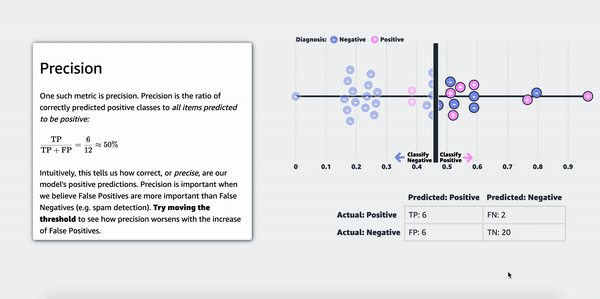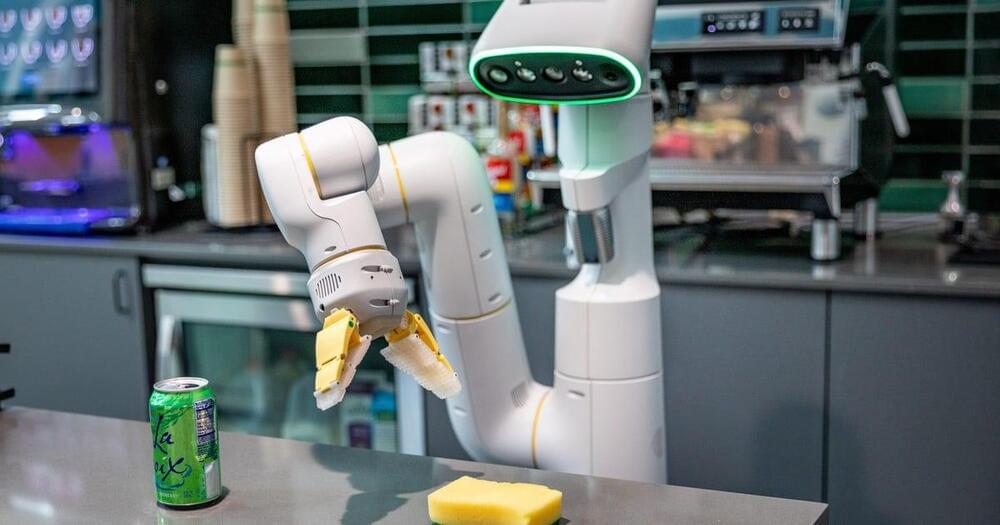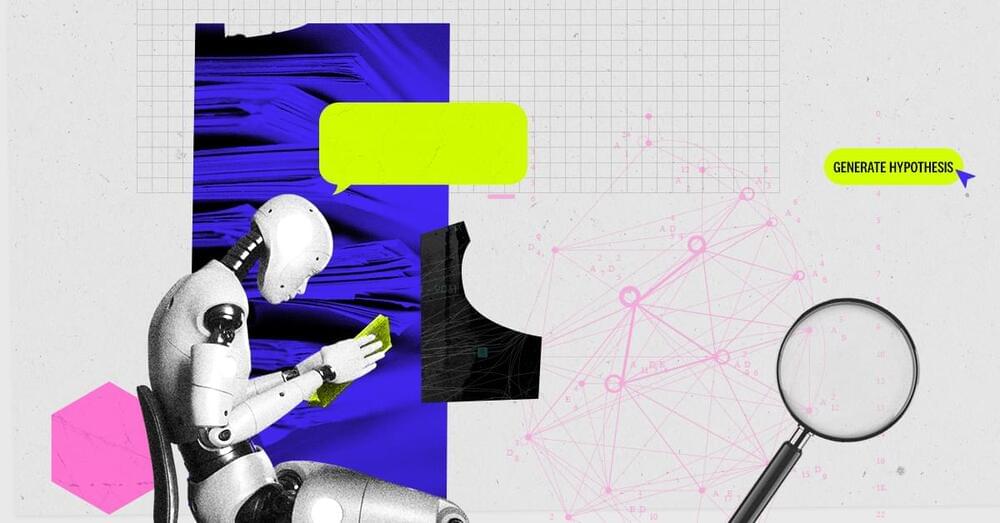Fun visual essays explain key concepts of machine learning.


Google AI announced the launch of the Google Research YouTube channel today. The channel is set to focus on a wide range of subjects like AI/ML, robotics, theory and algorithms, quantum computing, health and bioscience.

DARPA has launched a competition to find AI solutions that can help with sourcing critical minerals.
Critical minerals are raw, non-fuel materials that are vital for manufacturing products that are essential to national security.
DARPA is teaming up with the US Geological Survey (USGS) to explore how machine learning and AI can accelerate critical mineral assessments.

By scientists from Inserm, CNRS, and Université de Montpellier at the Structural Biology Center in Montpellier. The nano-robot could lead to a closer study of the mechanical forces applied at microscopic levels, which are important for various biological and pathological processes.
The study was published in Nature Communications.
Cellular Mechanosensitivity





Realize that today’s AI is not able to “think” in any fashion on par with human thinking. When you interact with Alexa or Siri, the conversational capacities might seem akin to human capacities, but the reality is that it is computational and lacks human cognition. The latest era of AI has made extensive use of Machine Learning (ML) and Deep Learning (DL), which leverage computational pattern matching. This has led to AI systems that have the appearance of human-like proclivities. Meanwhile, there isn’t any AI today that has a semblance of common sense and nor has any of the cognitive wonderment of robust human thinking.
ML/DL is a form of computational pattern matching.
AI Asymmetry is getting larger and worsening, particularly via the advent of fully autonomous systems, and for which society needs to be aware of and considering devising remedies such as arming more with AI to essentially fight fire with fire.

Quantum Information Science / Quantum Computing (QIS / QC) continues to make substantial progress into 2023 with commercial applications coming where difficult practical problems can be solved significantly faster using QC (quantum advantage) and QC solving seemingly impossible problems and test cases (not practical problems) that for classical computers such as supercomputers would take thousands of years or beyond classical computing capabilities (quantum supremacy). Often the two terms are interchanged. Claims of quantum advantage or quantum supremacy, at times, are able to be challenged through new algorithms on classical computers.
The potential is for hybrid systems with quantum computers and classical computers such as supercomputers (and perhaps analog computing in the future) could operate in the thousands and potentially millions of times faster in lending more understanding into intractable challenges and problems. Imagine the possibilities and the implications for the benefit of Earth’s ecosystems and humankind significantly impacting in dozens of areas of computational science such as big data analytics, weather forecasting, aerospace and novel transportation engineering, novel new energy paradigms such as renewable energy, healthcare and drug discovery, omics (genomics, transcriptomics, proteomics, metabolomic), economics, AI, large-scale simulations, financial services, new materials, optimization challenges, … endless.
The stakes are so high in competitive and strategic advantage that top corporations and governments are investing in and working with QIS / QC. (See my Forbes article: Government Deep Tech 2022 Top Funding Focus Explainable AI, Photonics, Quantum—they (BDC Deep Tech Fund) invested in QC company Xanadu). For the US, in 2018, there is the USD $1.2 billion National Quantum Initiative Act and related U.S. Department of Energy providing USD $625 million over five years for five quantum information research hubs led by national laboratories: Argonne, Brookhaven, Fermi, Lawrence Berkeley and Oak Ridge. In August 2022, the US CHIPS and Science Act providing hundreds of millions in funding as well. Coverage includes: accelerating the discovery of quantum applications; growing a diverse and domestic quantum workforce; development of critical infrastructure and standardization of cutting-edge R&D.